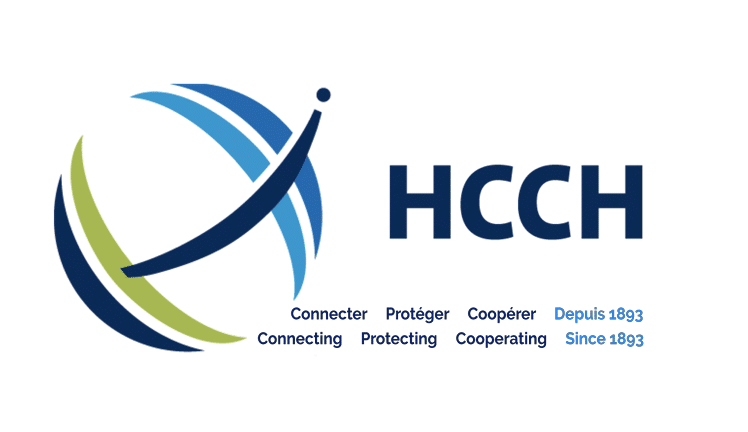Second Circuit Holds Hague Service Convention Prohibits Email Service on Chinese Defendants
On December 18, 2025, just as TLB was going on holiday break, the Second Circuit issued its decision in Smart Study Co. v. Shenzhenshixindajixieyouxiangongsi, holding that the Hague Service Convention prohibits email service on Chinese defendants. As friend-of-TLB Ted Folkman wrote shortly thereafter, “This is the one we’ve been waiting for.” The question of email…
Continue ReadingServing Foreign Defendants’ U.S. Counsel to Avoid the Hague Service Convention
Plaintiffs are sometimes frustrated trying to serve process on foreign defendants through the Hague Service Convention. Sometimes, they ask federal district courts to authorize service by email as an alternative means. The problem with this, as Maggie Gardner and I have explained in detail, is that that the means of service provided in the Convention…
Continue ReadingThe $24 Billion Judgment Against China in Missouri’s COVID Suit
On March 7, 2025, Judge Stephen N. Limbaugh, Jr. (Eastern District of Missouri) entered a default judgment for more than $24 billion against the People’s Republic of China and eight other Chinese defendants for hoarding personal protective equipment (PPE) during the early days of the COVID pandemic in violation of federal and state antitrust laws….
Continue ReadingDistrict Court Holds that Serving Chinese Defendants by Email is Prohibited
My posts on TLB often criticize judicial opinions. Today, for a change, I’d like to celebrate a district court decision addressing the thorny question of email service under the Hague Service Convention that gets the answer exactly right. In Flying Heliball, LLC v. Zero Zero Robotics, Inc., Judge Fred W. Slaughter (Central District of California)…
Continue ReadingA Roadmap to Service by Email
Federal courts have struggled with the question of when they can authorize service by email on a defendant located in a country that belongs to the Hague Service Convention—as we have explained in many prior posts. Though the interaction between the Convention and Federal Rule of Civil Procedure 4(f) can be tricky, there are clear…
Continue ReadingThird Circuit Addresses Email Service under the Hague Service Convention
A new decision by the Third Circuit, SEC v. Lahr, correctly analyzes the tricky question of email service under the Hague Service Convention. The court’s clear explanation will be of great help to district courts across the country, which remain divided on this question. Unfortunately, the Third Circuit chose not to publish its decision, so…
Continue ReadingA Big Step Forward for Service by Email under the Hague Service Convention
The Special Commission on the practical operation of the Service, Evidence, and Access to Justice Conventions has just completed its 2024 meeting and, at last, taken on the issue of service by email under the Hague Service Convention. Its conclusions are welcome and should have a significant influence on U.S. courts’ decisions, which in recent…
Continue ReadingDesperately Seeking Interlocutory Appeal
Despite some excellent opinions correctly interpreting the Hague Service Convention (HSC) and Rule 4(f)(3) in recent years, the district courts continue to be deeply divided on recurring questions of international service of process, in particular the permissibility of service by email or by other electronic means. Bill Dodge and I think such questions are clearly…
Continue ReadingGanpat’s Saga Continues
Regular TLB readers may recall the tragic story of Kholkar Vishveshwar Ganpat, an Indian citizen and merchant seaman who lost his toes to malaria, allegedly because his ship failed to stock sufficient antimalarial medicine when it docked at Savannah, Georgia. In 2018, Ganpat sued the ship’s operator, Singapore-based Eastern Pacific Shipping (EPS), in federal district…
Continue ReadingNew Decision on Email Service Under the Hague Service Convention
Regular TLB readers may recall that federal district courts are struggling with an important procedural question: whether they may authorize email service when the defendant resides in a country that is party to the Hague Service Convention. In Smart Study Co. v. Acuteye-U.S., Judge Gregory H. Woods (SDNY) held that the answer is no. The…
Continue Reading






